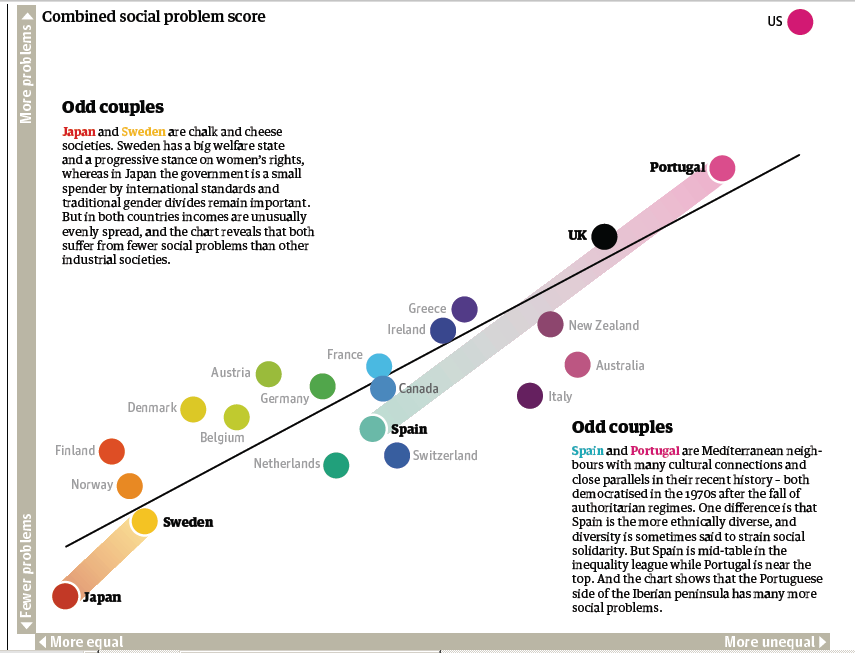Salvation is Not a Once-off Deal
 Justin Dodd
Justin Dodd  Wednesday, January 19, 2011 at 11:20AM
Wednesday, January 19, 2011 at 11:20AM My return visit to South Africa has reminded me that there’s always at least one fly about. He and his friends tend to have a protestant work ethic and are likely to be buzzing around in the general vicinity of your food, your face, your drink or your car windshield. In order to deal with this problem my mother has acquired a fly-execution device shaped like a tennis racket. I imagine the tennis racket shape is to enhance the efficacy of mid-air fly contact. This way fly extermination is rather like a bizarre Wimbledon.
To be fair, it is very effective and does avoid the nasty business of the old fashioned swatter. It also emits an impressive zzzap as it delivers the fatal blow. This turned out to be my undoing. I simply assumed that the charge wasn’t very strong as I tapped a finger on it. I was wrong.
It’s amazing how easily we are attracted to spectacle and drama. In our instant gratification, media saturated worlds we are programmed to believe that if it’s intense, dramatic and highly memorable then it must be significant. This is a habit that can skew the way we perceive God’s work in our lives.
The scriptures give us many accounts of dramatic encounters with God: Moses and the burning bush; Saul of Tarsus blinded on the road to Damascus; Peter, James and John struck in wonder at the transfiguration. These show the radical intent of God to reveal his purposes for humankind. But do they fully disclose the ways in which God reclaims us through grace. To put it another way, can one climatic emotional encounter with God give us the totality of God’s saving action in our lives?
Of course, many of us have life-changing encounters with the divine and these should not be diminished. However, the full work of salvation is a life long journey. Jesus says in Matthew 28:20, “I am with you to the end of the age.”
Ultimately, what I am trying to suggest is that our understanding of salvation should not be limited to one moment or even just one decision. Not only does God intimately understand who we are and what we need, but more surprisingly, he never stops calling us into his embrace:
You have searched me, LORD,
and you know me.
You know when I sit and when I rise;
you perceive my thoughts from afar.
You discern my going out and my lying down;
you are familiar with all my ways.:
Where can I go from your Spirit?
Where can I flee from your presence?
If I go up to the heavens, you are there;
if I make my bed in the depths, you are there.
If I rise on the wings of the dawn,
if I settle on the far side of the sea,
even there your hand will guide me,
your right hand will hold me fast.
(Psalm 139:1-3 & 7 -10)
Yes, salvation is about making decisions. Yes, salvation is about experiencing God. But most importantly, salvation is about being transformed by Jesus through the Holy Spirit. God steadily enlivening, enriching and redeeming you and me in the ordinary, dull, painful, exasperating, even indifferent things of life is as vital as anything we may experience in a highly-charged religious experience. You could call this salvation of the ordinary moment. You could also just call it a relationship with Jesus.
I reflect on these things as our confirmation on 6 February draws closer. 23 candidates drawn from both of the parishes will stand before God and their Christian family and consciously choose to be a benefactor of God’s saving power. This is not the end of their faith preparation, it is the beginning. For it is not the years of church attendance, the months of classes or even the good intentions of parents or guardians that will light their hearts with holy fire, it is God himself. Without question, when we choose for God, God responds. But I take even greater comfort in the truth, that even when we do not choose for God, he waits faithfully for our return, never ceasing to prompt us and loving us unconditionally.









